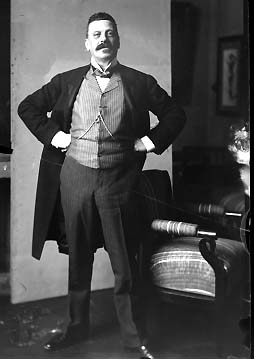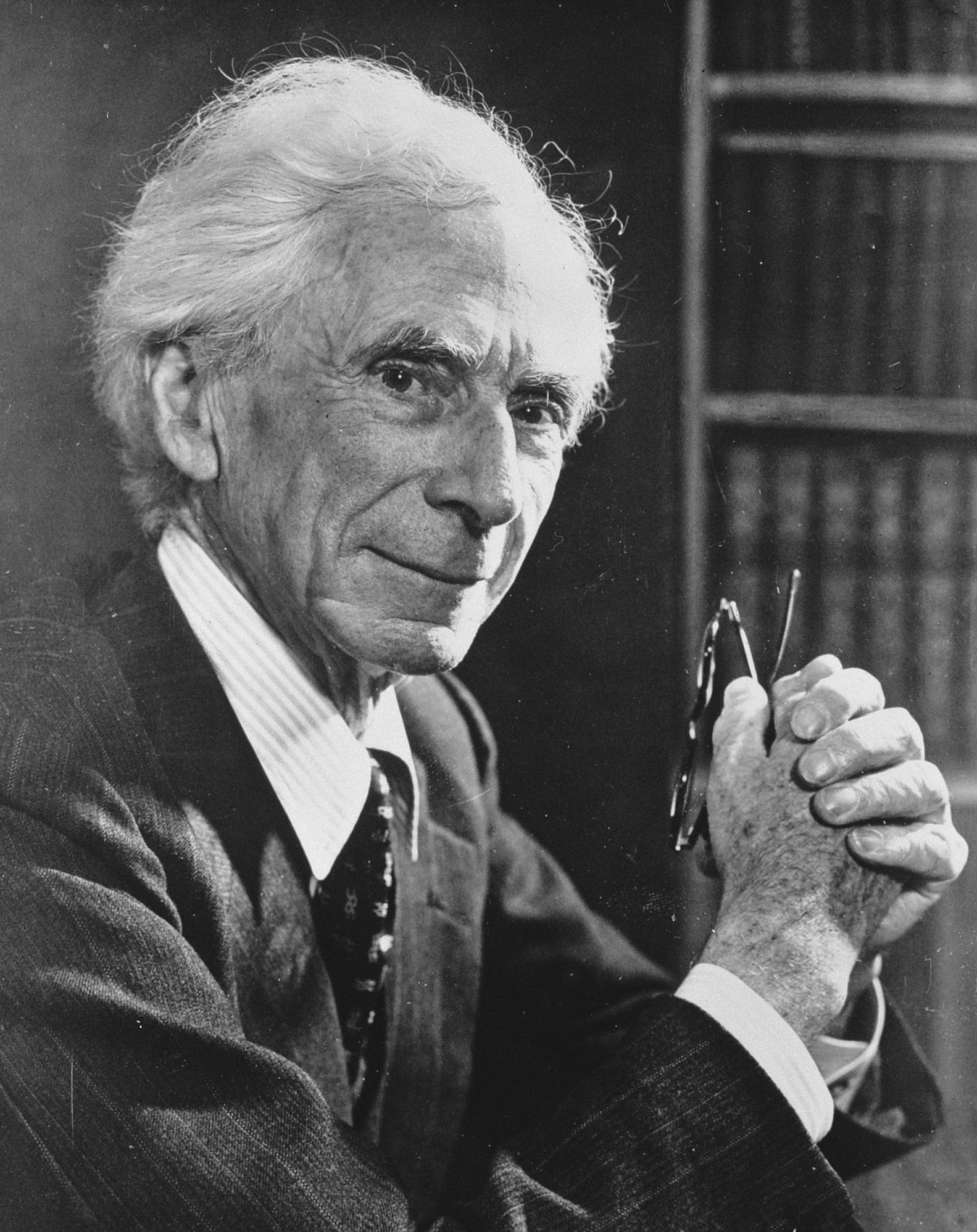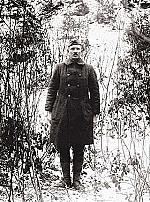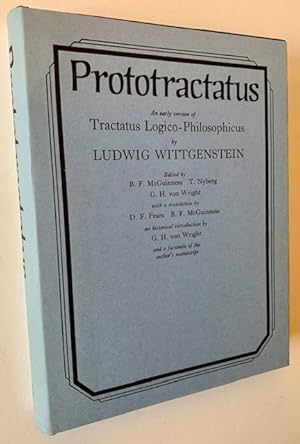Unraveling the Enigma of Ludwig Wittgenstein: A Deep Dive into Philosophy, Life, and Legacy
Ludwig
Wittgenstein is widely regarded as one of the most influential philosophers of
the 20th century, reshaping the landscape of Western thought. Born in Austria
in 1889, his life was characterized by tragedy, intellectual curiosity, and an
unwavering pursuit of truth. Let's investigate the intricacies of his life and
ideas, exploring the depths of his philosophical insights and the complexities
of his existence.
Ludwig Wittgenstein
The Legacy of Karl Wittgenstein
To fully understand
Ludwig's story, it's essential to know his family background. Ludwig's father,
Karl Wittgenstein, played a pivotal role in shaping the family's wealth. A shrewd
entrepreneur, Karl initially ventured to America at a young age armed with
nothing but his violin and a dream of entertaining. However, fate intervened
when the assassination of Abraham Lincoln disrupted the public entertainment
industry, leading to Karl’s return home.
Karl Wittgenstein, Ludwig’s father
and tycoon
Undeterred
by adversity, Karl shifted his focus towards mastering the craft of iron and
steel. His expertise proved invaluable during the 1878 war between Russia and
Turkey, propelling him to wealth and prominence. This legacy of resilience and
entrepreneurial spirit heavily influenced Ludwig's worldview and philosophical
inquiries.
The Early Years: A World of Privilege and Tragedy
Ludwig
Wittgenstein, the youngest of nine siblings, was born into one of the
wealthiest families in Austria. Beneath the privilege, however, was a profound feeling
of tragedy. Three of
Ludwig's brothers battled mental illness, casting a shadow over his younger
years. Despite the material comforts surrounding him, Ludwig battled with
existential questions from a young age, laying the foundation for his later
philosophical explorations.
An Intellectual Oasis: Encounters with Brilliance
Growing
up, Ludwig was immersed in an ocean of intellectual brilliance. Other
philosophers such as Sigmund Freud, Johannes Brahms, and Karl Kraus were
frequent guests in the Wittgenstein household, stimulating Ludwig's intellect
and nurturing his curiosity. However, even among the promise of intellectual stimulation,
Ludwig wrestled with his demons, haunted by thoughts of suicide and existential
angst.
Sigmund Freud, who frequently
visited the Wittgenstein home
A Quest for Clarity: The Influence of Bertrand Russell
Contrary to
the expectations his family held for him, Ludwig was drawn to logic and
mathematics. His studies in England brought him into contact with the eminent
philosopher and mathematician, Bertrand Russell. Their partnership proved to be
revolutionary, igniting Ludwig's lifelong quest for clarity and precision in
thought. Amid the quest for intellectual pursuits, however, Ludwig fought with
profound feelings of inadequacy and despair, confiding in Russell about his
suicidal thoughts and existential anguish.
Bertrand Russell, Ludwig’s mentor
and confidant
War and Reflection: A Crucible of Existential Inquiry
The
outbreak of World War I marked a rough period in Ludwig's life. Grieving the
loss of his father, Karl Wittgenstein, Ludwig rejected his inheritance and
enlisted in the Austrian Army. Ludwig embraced the chaos of war, viewing it as
an opportunity to think about life's deepest questions. His experiences on the
battlefield would shape his philosophical outlook, prompting reflections on the
nature of death, meaning, and the limitations of language.
Ludwig Wittgenstein during WWI
Philosophical Musings: "Tractatus Logico-Philosophicus" and Beyond
In the
aftermath of the war, Ludwig retreated to take to his work. It was during this
period of solitude that he wrote his seminal work, "Tractatus
Logico-Philosophicus." In this, Ludwig sought to unravel the mysteries of
language, logic, and reality. His thesis—that the limits of language are the
limits of our world—sent waves through the philosophical community, challenging
centuries of thought and tradition.
Cover of a first-edition Tractatus
Logico-Philosophicus
Language as a Tool: Unlocking the Mysteries of Communication
At the
heart of Wittgenstein's philosophy is a radical proposition: that language is
not a static entity, but a dynamic tool shaped by its context and usage.
Rejecting universal definitions, he argued that words
take their meaning from their pragmatic function within a specific linguistic context.
This groundbreaking insight laid the foundation for his later explorations into
the nature of language and its role in shaping human understanding.
Wittgenstein's concept of "language games" showcased the intricate
dynamic between language, context, and meaning, offering a precise framework
for understanding the complexities of communication.
Final Reflections: A Life Well Lived
In his
final moments, Ludwig Wittgenstein offered a simple yet profound reflection on
his life: "Tell
them I had a wonderful life." It was a testament to the quality of his
experience and the depth of insight learned through a lifetime of philosophical
inquiry. As we reflect on the life and ideas of Ludwig Wittgenstein, we are
reminded of the quest for understanding that defines the human condition—a
quest that transcends the boundaries of time, space, and language itself.
Through the lens of Wittgenstein's philosophy, we glimpse the profound beauty
and mystery of the universe, inviting us to explore its depths with wonder and
awe.
A Vendetta Against Socrates: Questioning the Role of Philosophical Inquiry
Wittgenstein's
critique of Socratic philosophy represents a departure from traditional philosophical
inquiry. He challenges the notion that the unexamined life is not worth living.
In contrast to Socrates' relentless pursuit of truth through questioning,
Wittgenstein suggests that such inquiries may ultimately lead us down the wrong
path, distracting us from the complexity of life. Central to Wittgenstein's
critique is the idea that metaphysical questions and philosophical speculation
can blind us to the wonders of the world around us. By constantly questioning
the nature of reality, we risk losing vision of the beauty and mystery that
surrounds us.
A bust of Socrates
In his
questioning of the value of metaphysical inquiry, Wittgenstein invites us to
embrace the uncertainty of human existence, recognizing that some questions may
be beyond the grasp of human understanding. Among the limitations of language
and thought, however, he encourages us to engage with the world with openness
and curiosity, confronting the existential depths of human experience with
humility and wonder.
Final Thoughts: Reflecting on Wittgenstein's Legacy
As we reflect on the life and ideas of Ludwig Wittgenstein, we are reminded of the enduring power of philosophical inquiry to challenge our assumptions, expand our horizons, and deepen our understanding of the human condition. His profound insights into the nature of language, logic, and reality continue to inspire and provoke scholars and thinkers across disciplines, inviting us to confront the deepest mysteries of existence with courage and curiosity.
In
honoring Wittgenstein's legacy, we are called to embrace the complexities of
existence with humility and wonder, recognizing the profound beauty and mystery
that surrounds us. Through the lens of his philosophy, we glimpse the depths of human experience, inviting us to explore the mysteries of existence
with courage, curiosity, and an unwavering commitment to truth.


.jpg)



:max_bytes(150000):strip_icc()/GettyImages-112189449-5999fe5d03f4020011c2df04.jpg)
No comments:
Post a Comment